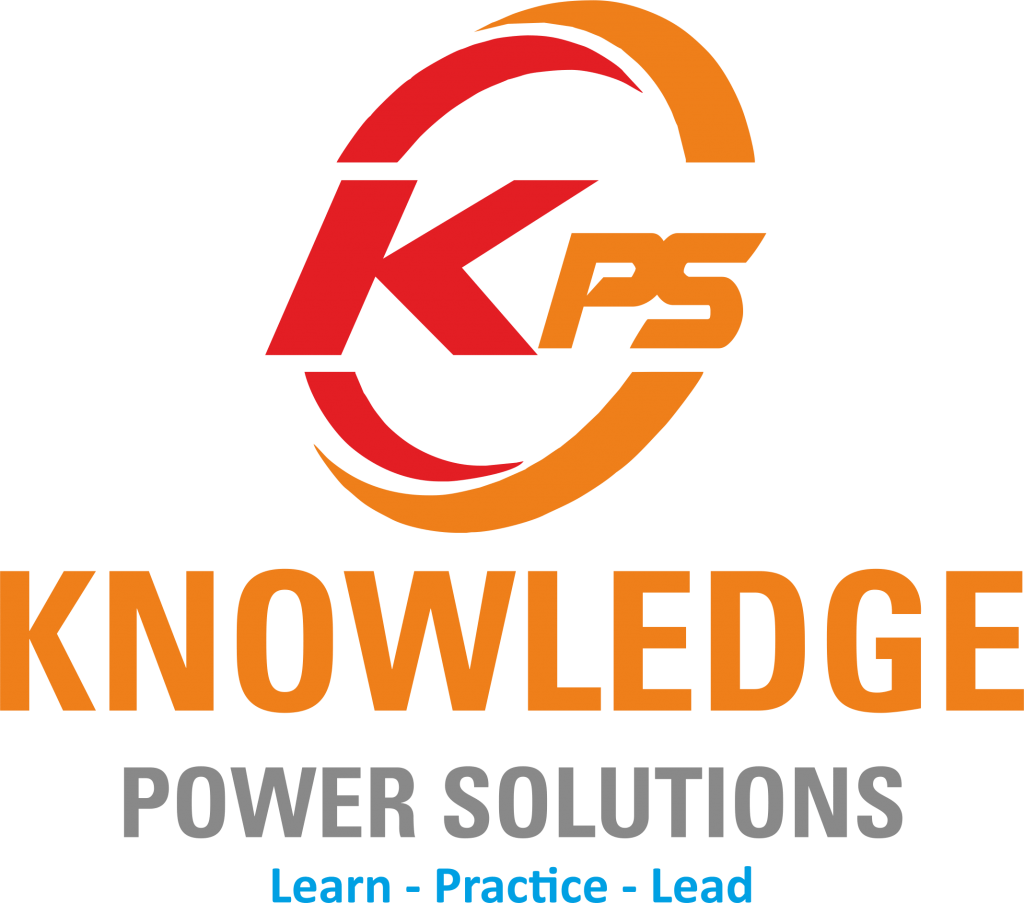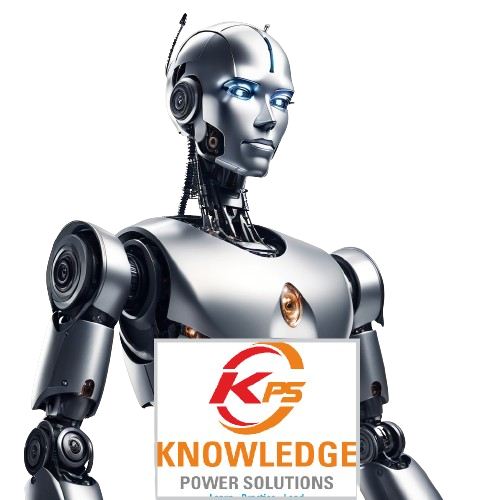CRM (Customer Relationship Management) interview questions:
What is a CRM and why is it important?
A CRM is a software system that helps businesses manage their interactions with customers and potential customers. It is important because it allows businesses to organize customer data, track interactions, and improve customer relationships.
What are some common features of a CRM?
Common features of a CRM include: contact management, lead management, sales forecasting, opportunity management, email marketing, analytics and reporting, and mobile access.
What is the difference between a sales CRM and a service CRM?
A sales CRM is focused on managing sales-related activities, such as lead and opportunity management, while a service CRM is focused on managing customer service and support interactions, such as case management and ticket tracking.
What is a customer journey map and how is it used in a CRM?
A customer journey map is a visual representation of the stages and touchpoints of a customer’s interaction with a business. It is used in a CRM to help businesses understand and optimize the customer experience, identify opportunities for improvement, and track customer interactions at each stage of the journey.
What is a pipeline in a CRM and how is it used?
A pipeline is a visual representation of the sales process, typically organized into stages such as lead generation, qualification, proposal, and closed sale. It is used in a CRM to help sales teams track the progress of deals, identify potential bottlenecks, and prioritize their activities.
What is a CRM integration and why is it useful?
A CRM integration is the process of connecting a CRM system with other tools and systems, such as marketing automation or accounting software. It is useful because it allows businesses to streamline workflows, automate processes, and share data across multiple systems.
What are some best practices for CRM implementation?
Best practices for CRM implementation include: defining clear goals and objectives, involving all relevant stakeholders in the planning process, selecting the right CRM platform for your business needs, training employees on how to use the system effectively, and regularly reviewing and updating your CRM strategy.
How do you ensure data quality in a CRM?
To ensure data quality in a CRM, it is important to establish data governance policies and procedures, regularly clean and update customer data, enforce data validation rules, and train employees on best practices for data entry and management.
How do you measure the ROI of a CRM?
To measure the ROI of a CRM, you can track metrics such as sales growth, customer retention rates, and customer satisfaction scores. You can also conduct surveys and interviews with employees and customers to gather feedback on the effectiveness of the CRM system.
How do you ensure user adoption of a CRM?
To ensure user adoption of a CRM, it is important to involve employees in the selection and implementation process, provide comprehensive training and support, and offer incentives and rewards for using the system effectively. It is also important to regularly review and update the CRM strategy based on feedback from users.


